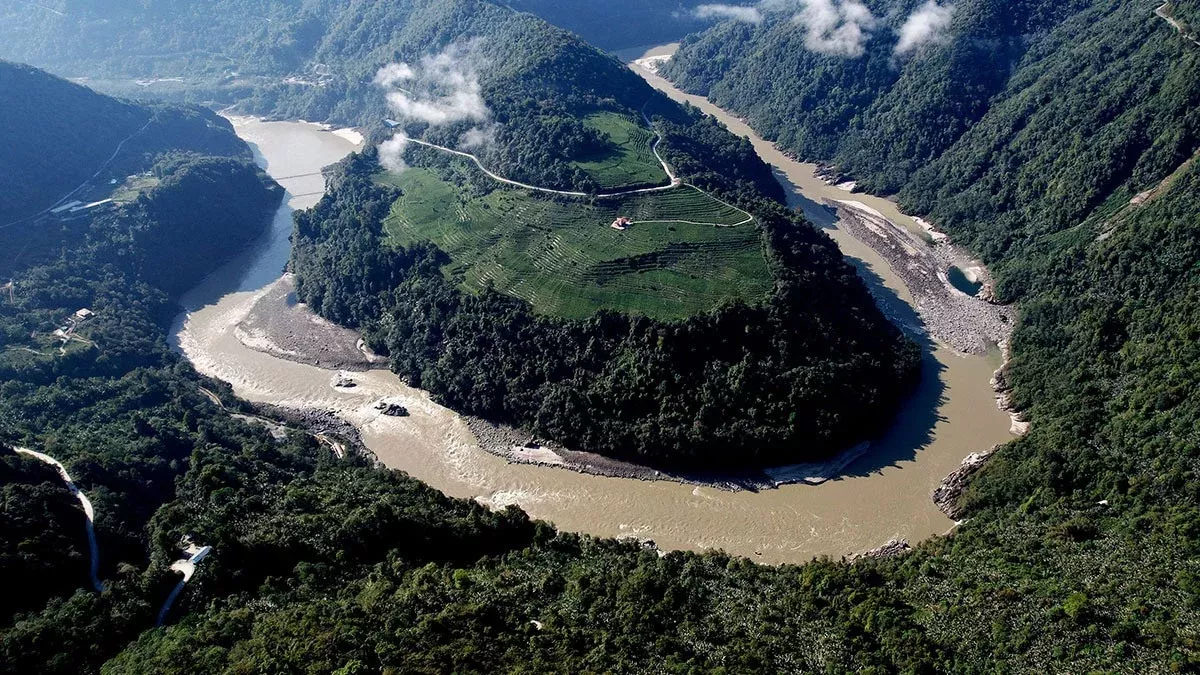China will build five new hydropower stations on the Yarlung Tsangpo.

China's new hydropower stations: growth in the energy sector, concerns, and international attention The construction of five cascade hydropower stations on the Yarlung Tsangpo River has been officially announced by Li Qiang, the Chairman of the State Council of China. This was reported by Zamin.uz.
Approximately $167 billion is planned to be allocated for this project. The China Yajiang Group has been designated as responsible for the implementation of the project.
The Yarlung Tsangpo River flows from the Tibet region, and the newly constructed facilities are expected to generate 300 billion kilowatt-hours of electricity annually. Primarily, this energy will be directed to supply the Tibetan population, while excess power will be delivered to other regions of the country.
This project will enable China to produce three times more electricity than its famous Three Gorges Dam. Therefore, these hydropower stations are being evaluated as a new phase in the history of global energy.
However, the project is causing serious debates on the international stage. Neighboring countries like India and Bangladesh view China's policy of controlling water resources as a means of regional pressure and economic influence.
Additionally, ecologists and local activists are expressing concerns that the construction of the new hydropower stations may negatively impact river flows and the environment. There is a possibility of flooding or water shortages in downstream areas.
The geological conditions of the region may also pose risks to the project. Experts emphasize that building a dam in a narrow and deep river could increase the likelihood of land tremors, and there is a risk that the dam could be destroyed due to earthquakes or other natural disasters.
This not only represents economic losses but also poses a serious threat to human life. Thus, China's new hydropower project, while creating significant opportunities in the energy sector, is also raising regional concerns and global ecological issues.
Now, the international community is focused on China's water policy, its consequences, and issues of regional cooperation.







